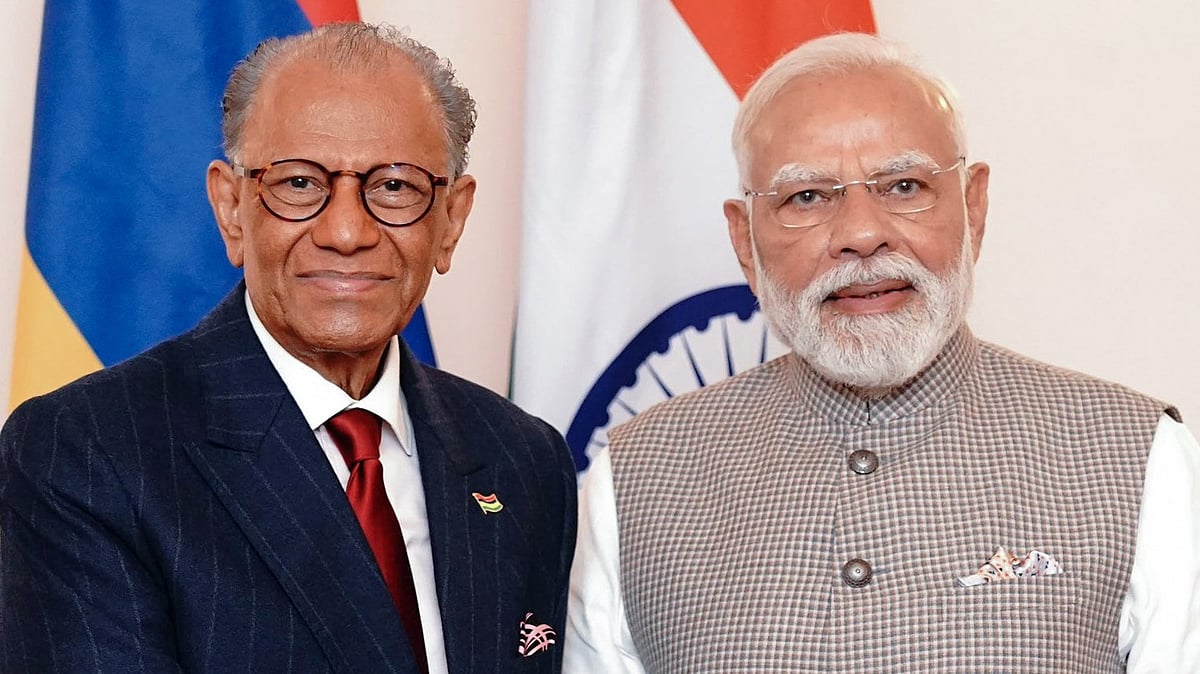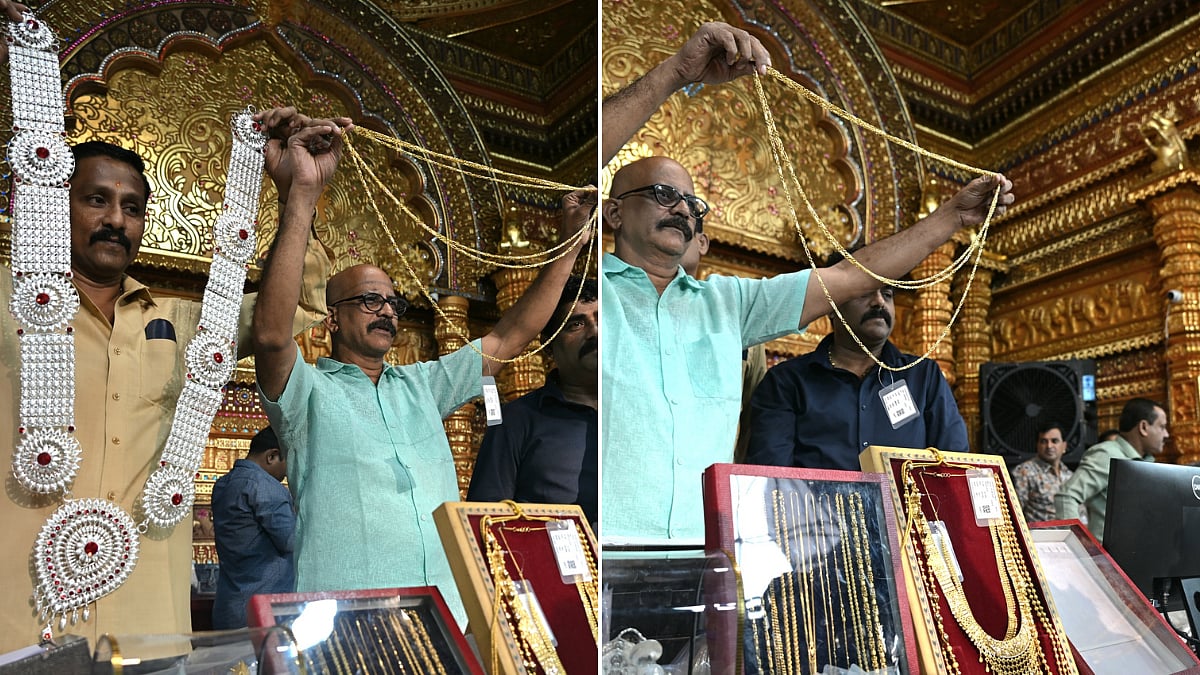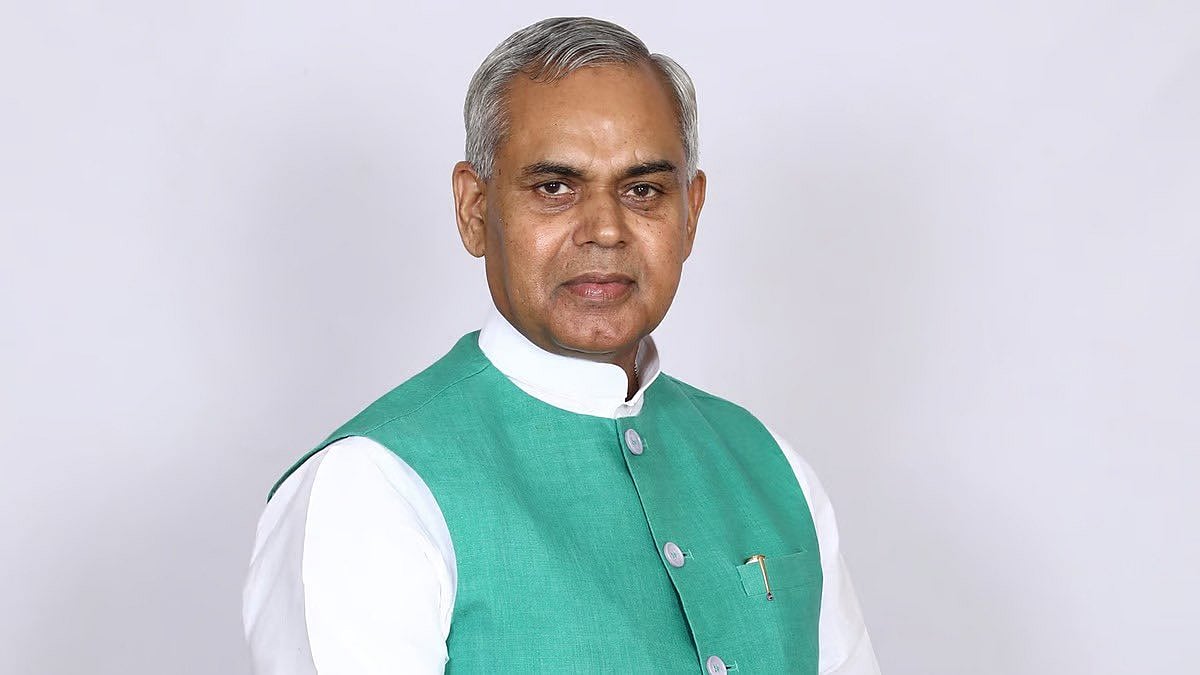Goa, one of India's smallest states, is in the spotlight due to a series of alarming land-related scams that have shaken both the public and political landscapes. Recently, opposition leader Vijai Sardesai of the Goa Forward Party revealed a staggering 50,000 crore scam linked to Zuari Agro Pvt Ltd, involving the unlawful reclassification of approximately 500,000 square meters of private forest land. This shocking revelation has opened the door to even broader issues, particularly as another player, Bhutani Infra, emerges at the center of a similar scandal.
Upon deeper investigation, it has come to light that between 2021, around 383 hectares—equivalent to an astonishing 1.2 crore square meters—of protected forest land were reclassified without due process. This revelation is being regarded as one of the largest land scams in Indian history, underscoring the immense scale of both the land involved and the financial figures at stake. Concerns have escalated among Goans, especially following incidents in Wayanad, Kerala, where ecological integrity has been compromised, leading to fears about the future of Goa’s green cover.
Central to this controversy is Chief Minister Dr. Pramod Sawant, who oversaw these land conversions during his time as Forest Minister. His involvement is under scrutiny as public concerns grow regarding the state’s environmental and economic sustainability.
Bhutani Infra and the Scale of Land Reclassification
The Bhutani Infra project has become synonymous with this extensive land reclassification scandal. During Dr. Sawant’s leadership, three final reports were released, indicating that 272 survey numbers previously designated as private forests were reassessed and deemed to no longer meet the necessary criteria. Consequently, 383 hectares of land were stripped of their private forest designation, significantly opening up Goa’s green spaces for potential urban development.
Developers like Bhutani Infra and Zuari Agro Pvt. Ltd. have benefited directly from these changes, leading to speculation that the 50,000 crore scam may be merely the beginning of a larger crisis.
Timeline of the Scandal
The timeline of the Bhutani Infra scandal is notable for its rapid progression and lack of transparency, revealing how the system has been exploited:
1. 2002: Land use change was approved, allowing survey number 257/1 to shift from Agricultural Zone (A2) to Settlement Zone (S2).
2. 2007: Development permissions were granted for multi-family units, although construction was delayed for years.
3. 2019: Under CM Sawant’s oversight, the land was reclassified from private forest to Settlement Zone, facilitating large-scale projects by Bhutani Infra.
4. 2021: Reports submitted to the National Green Tribunal raised serious concerns regarding environmental impacts linked to the reclassification.
5. February 2024: Final approval was granted by the TCP Board, leading to development permissions based on earlier government approvals.
Scrutiny of Leadership and Conflicts of Interest
Dr. Pramod Sawant's actions have come under intense scrutiny. His role in facilitating the removal of private forest designations raises questions about conflicts of interest, particularly given the rapid approvals that have benefitted major developers.
Furthermore, Clafasio Dias, the former chairman of the Mormugao Planning and Development Authority, was implicated in granting inflated Floor Space Index allowances to developers with political ties, further intensifying allegations of corruption.
Environmental and Economic Implications
The reclassification of 383 hectares of forest land marks a pivotal moment for Goa, signifying not just a potential financial scandal but a looming environmental crisis. The financial ramifications are significant; however, the long-term ecological consequences could be even more devastating. Environmentalists warn that the unchecked reclassification could lead to severe deforestation, loss of biodiversity, and an increased risk of natural disasters.
A Call to Action for Goa
As the central government publishes updated Environmental Sensitive Area regulations, Goa appears to be heading in the opposite direction with its reckless land reclassification practices. The Bhutani Infra case highlights a broader narrative of corruption and environmental neglect that could jeopardize the state’s future. As Goa navigates the aftermath of this scandal, it must confront the long-term impacts of these decisions and strive for a more sustainable and transparent governance model. The fate of Goa's environment and its governance is at a critical juncture, requiring immediate attention and action.











